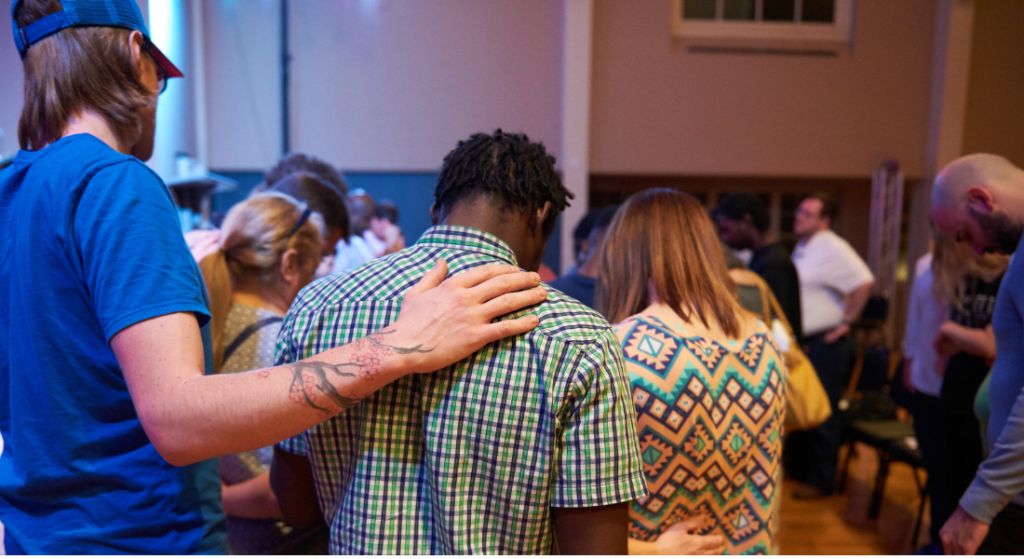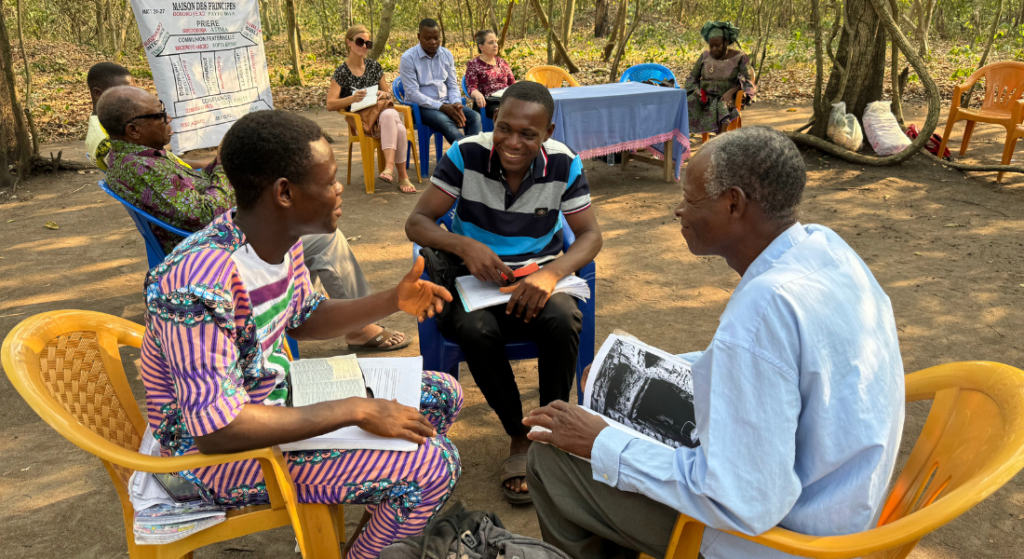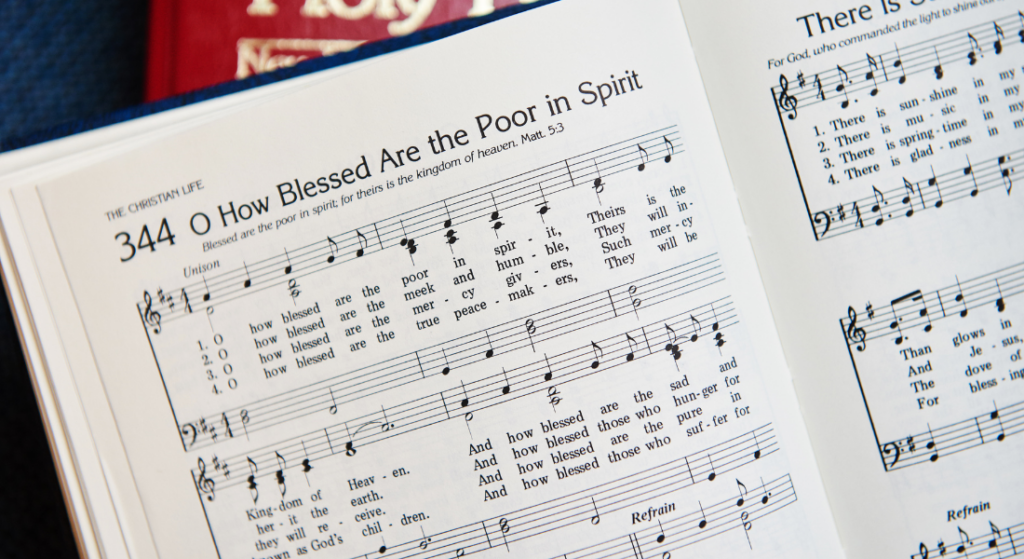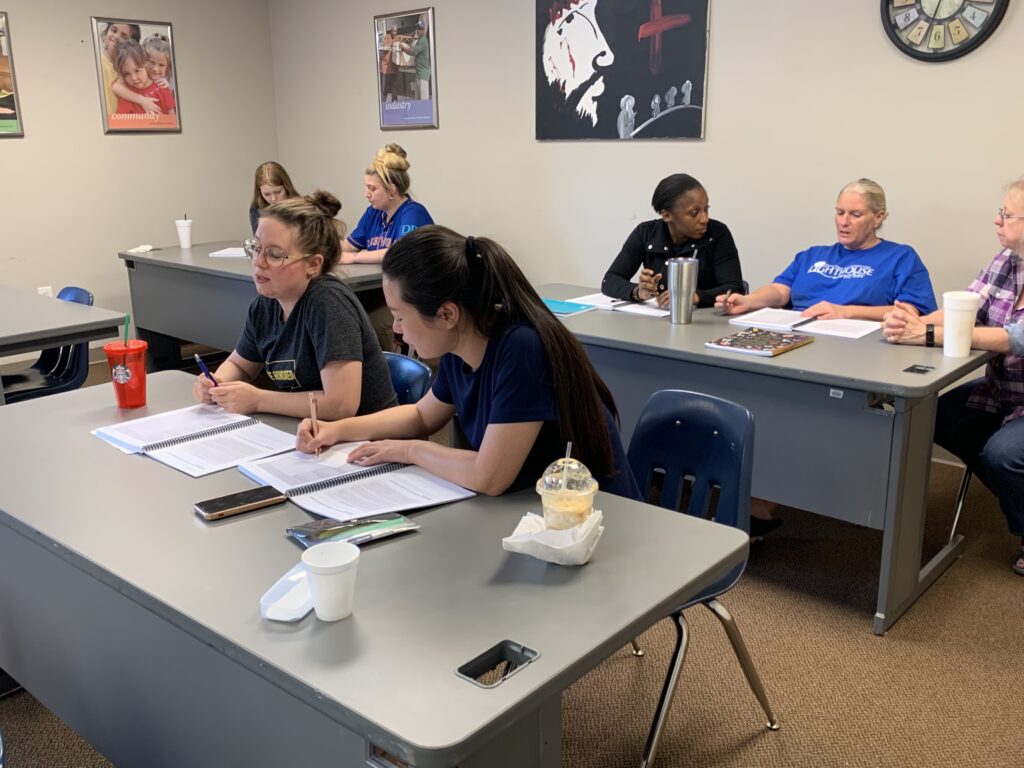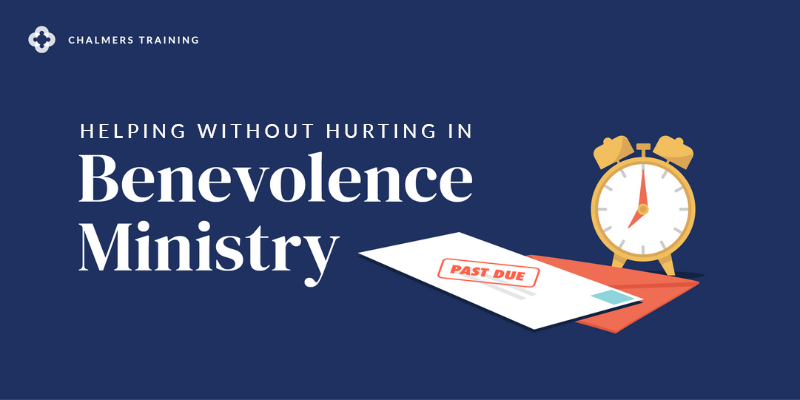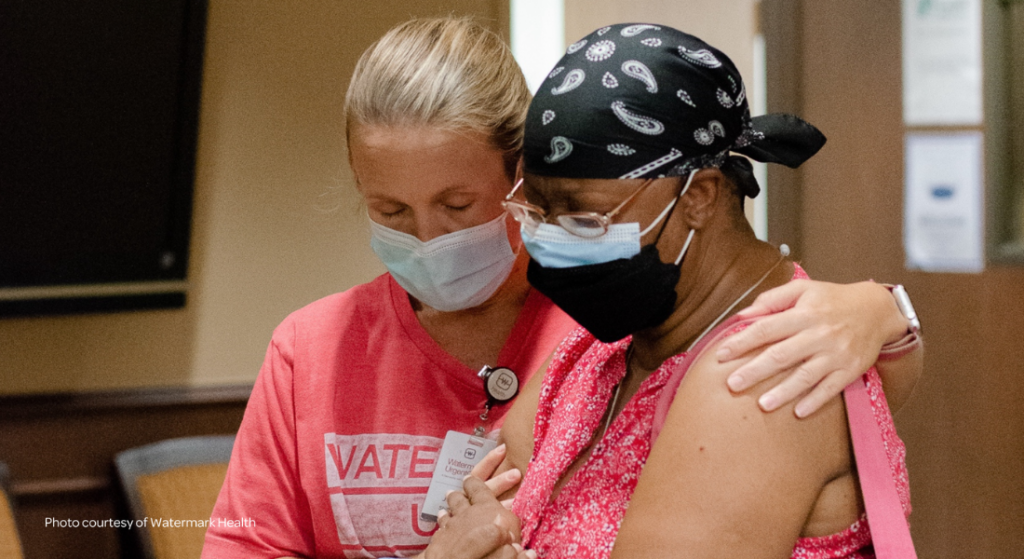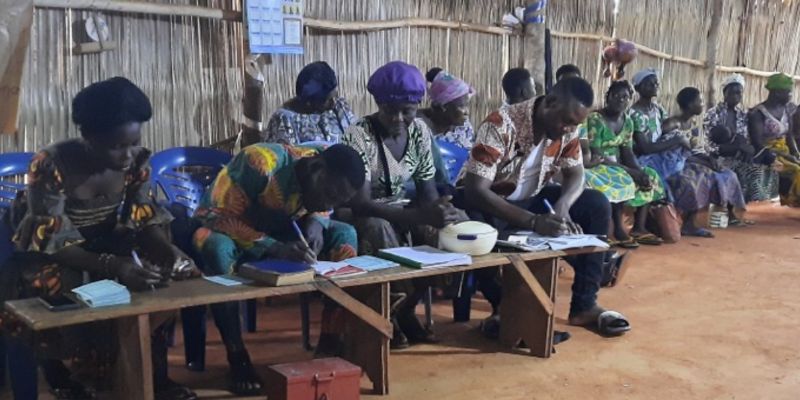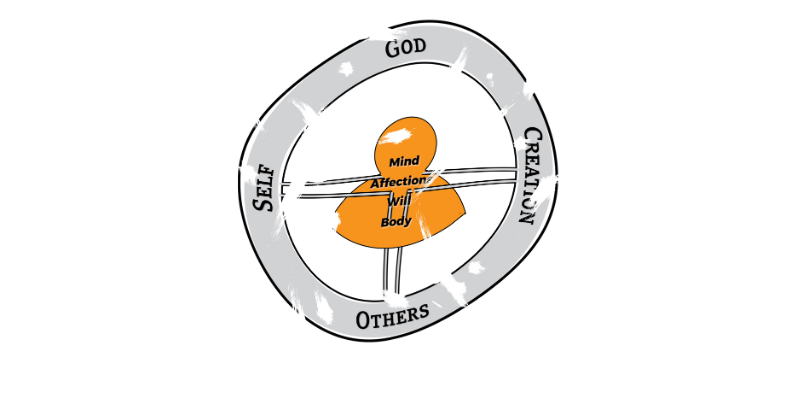Search
Categories
Tags
Posts by The Chalmers Center
Agents of Reconciliation
The New Testament consistently describes Jesus’ work on the cross as “reconciliation” (Col. 1:20. etc.), which means putting things back into right relationship again. The Apostle Paul also teaches that we also have a role in reconciliation.
Stories of Transformation from our Partners in West Africa
For over a decade, Chalmers has worked in West Africa to launch RESTORE savings group ministries that have helped people living in extreme poverty to experience healing, peace, and freedom through restored relationships with God, self, others, and creation. This work allows us to speak from a place of experience and authenticity as we partner…
Understanding Our Vision for Poverty Alleviation
If we want to see an end to material poverty, we need a clear vision of what this looks like. Just as our diagnosis of the causes of poverty shapes the remedies we pursue, so too does our idea of the ultimate goal of poverty alleviation.
Repenting of the Health-and-Wealth Gospel: Lessons from Kibera
In the heart of Nairobi, Kenya, lies one of Africa’s largest slums—Kibera. Conditions there are harsh. People live in makeshift structures, surrounded by open ditches filled with human and animal waste. Opportunities for jobs and education are severely limited, as is access to healthcare, food, and clean water.
Living within Your Limits: Building Partnerships for Ministry
As you begin working on launching or refining a church benevolence or other community development ministry plan, you’ll quickly discover you can’t do it alone. Your church or organization can’t provide everything that everyone is going to need on this journey, nor should it!
Hope, Restoration, and Chess in Rural South Africa
Over a decade ago, Ruan and his family moved from Cape Town to the village of Zithulele in the Eastern Cape province of South Africa, just miles away from the place Nelson Mandela was raised. His wife had secured a job as a physician at a local hospital and he was looking forward to working in youth ministry.
He read When Helping Hurts soon after his arrival, but over the next five years, he made many of the mistakes he read about. Despite hosting many Bible studies, outreach teams, and events – all of the things he brought with him from westernized Cape Town – they still weren’t seeing transformation in their rural village.
Worship and Fighting Poverty
We don’t often connect our work in fighting poverty (and economic life more generally) with our worship of the living God. But we should. When the collection plate is passed around in a church service, pastors often try to connect the dots to how our giving is part of worship. But it doesn’t always register with us.
What Does Trauma Have To Do with Financial Health?
How a relational and biblical approach to financial education transforms more than just budgets.
Epiphany and Poverty Alleviation
Epiphany also reminds us that our gifts (assets, skills, experiences, and callings) are rightly offered up as worship to the King of Kings. All the ministry efforts we undertake will fall flat if we seek to serve others for our own sake. We can truly love our neighbors as ourselves when we connect our love and service for others with our worship of the God who created us both and who sustains us all.
Copy of About
About the Chalmers Center We’re passionate about helping you go beyond band-aid solutions to address the roots of poverty. We believe real change is possible. Do you ever feel like no matter what you do, you can’t help people escape the cycle of poverty? You’re not alone! We know Jesus wants us to help people…
Four Lives Transformed through One Savings Group’s Generosity
In many Ghanaian communities, families living in material poverty find themselves forced to send their children to the city to work menial jobs to make ends meet.
Benevolence Ministry
Helping without Hurting in Benevolence Ministry Help your church make a real difference in your community.Get trained to develop a benevolence ministry that helps people in material poverty experience lasting change. Get Trained Equip your church with a biblical foundation for responding to requests for financial help. Gain skills and confidence to develop a holistic,…
Flourishing through Holistic Healthcare
Inspired by our book, When Helping Hurts, Watermark Health, a nonprofit affiliated with Watermark Church, has designed its three clinics to instill value and promote dignity among their patients. The majority of their patients are uninsured and from marginalized communities who otherwise lack access to adequate medical resources. Located near a large refugee resettlement area, their original clinic has had patients from 123 countries.
Helping without Hurting in Holiday Giving: Moving Beyond Handouts
As the holidays approach, many churches and nonprofits undertake large-scale food and resource drives, attempting to tap into the spirit of abundance and generosity that characterizes Thanksgiving and Christmas celebrations in North America.
Tearfund and Chalmers Partner to Ignite Transformation in Burkina Faso
Tearfund first partnered with Chalmers in Burkina Faso in 2018, and since then our partnership has expanded to Côte d’Ivoire and Chad, reaching over 18,500 people.
Understanding Poverty: A Brokenness That Affects Us All
Have you ever stopped to ponder the question, “What does it mean to be poor?” If poverty is rooted in the brokenness of the four key relationships, then the answer becomes clear: we are all affected by poverty. Because of the comprehensive nature of the fall, every human being experiences a form of poverty, a lack of fulfillment in the four key relationships—with God, ourselves, others, and creation. We’re unable to be what we were created to be and miss out on the joy that God intended for these connections. We’re like “square pegs in a round hole,” not quite fitting because we were shaped for something else.


